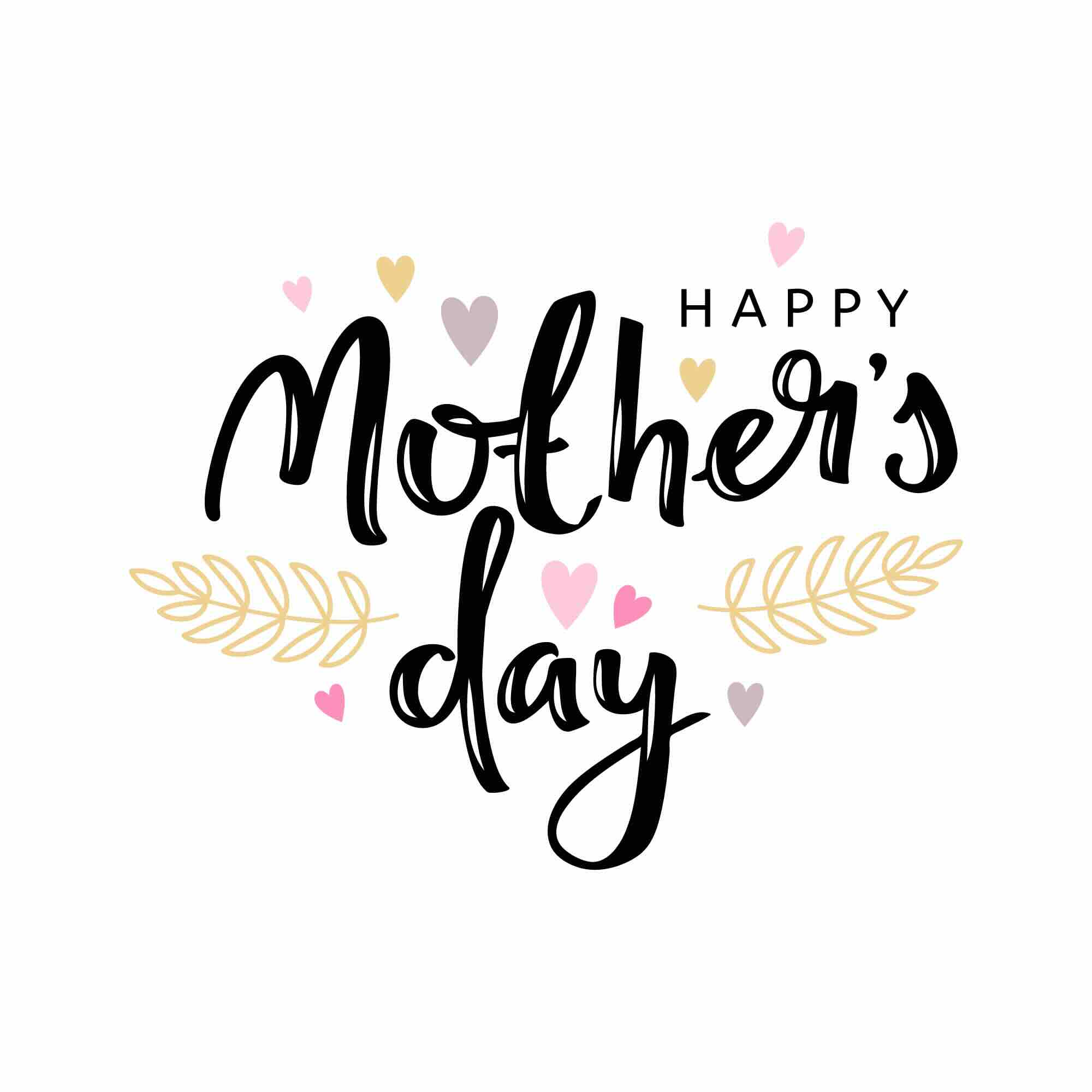Today is Mother’s day. Many women will spend the morning in bed with their kids balancing toast and cups of tea, tearing at wrappings, admiring new fluffy slippers, complimenting the artistry of their home made card and pretending that a necklace made of pasta was just what they always wanted. They will adorn themselves with new trinkets and perfumes and prepare for the warm chaos that is the traditional Mother’s day lunch. Commercial cynicism aside, for lots of people it’s a day of celebration.
But for some of us, Mother’s day is not much fun. Some people want children and can’t have them. Some kids want parents and can’t find them. Despite all the talk lately about the importance of family as a social institution – we dedicated part of the 2020 summit to ideas about supporting families – our laws about parenthood continue to exclude some people from family life and raising kids. After years of lobbying and parenting, the government announced last week that same sex couples are still prohibited from adopting children.
Mother’s day can be a sad day for people without children or children with no parents. It’s a day when couples going through IVF wait hopefully; others dream of a call from the adoption agency, where ‘step-mums’ step aside and some children feel sad because they don’t know their mum, or cannot be with her. On Mother’s day, many mourn their loss or get angry about rules that exclude them. It’s also a day when people won’t have their mothering acknowledged.
Mother’s day is a day when we celebrate mothers. Traditionally a child has only one ‘real’ mother and she’s often the woman with the right biological credentials. But do you need biology to mother or to be mothered? Why must children have only two parents, and why must they be of the opposite sex?
Despite all our rules and social norms, most mothers know that there’s much more to parenthood than biology and many wish that gender did not define who gets the ‘mother’ jobs. Any Tom, Dick and Harry could drive the kids to ballet, get them to the dentist on time, sew costumes for drama club, supervise piano practice, read a bed-time story and decorate the birthday cake. All you need is love.
After all, motherhood statements are not just about mothers. How can one woman keep the home fires burning, nurture talent, encourage potential, be a shoulder to cry on, a tower of strength, a port in the storm, a role model, a font of wisdom, always be there….and still have dinner on the table by six. It takes a village.
What most ‘real’ mothers know is that you can’t do it alone. It takes a lot of mothering to raise a child and usually this mothering comes from lots of different people – from step-mums, ‘aunties’ and ‘uncles’, grand parents, friends and neighbours. Doesn’t every family have a Mrs Dewar who sits with the baby, helps with school pick ups, puts a roast on and dispenses advice about relationships? Or an Uncle Wayne who takes the kids for a driving lesson, and talks to them about sex drugs and rock ‘n’ roll. Most kids need lots of ‘mothers’ and so do most mums. In fact, there are many days when we can’t get by with just our mum.
With so many people mothering, why limit Mother’s Day lunch to only one mum?
This mother’s day, let’s remember all the women and men who mother, or dream of mothering. Let’s put aside tradition, re-think the importance of biology and gender, re-write the rules about what makes a parent and acknowledge that there are lots of ways to mother.
Mother’s day does not have to be an exclusive celebration. Maybe we could start recognising the contributions that other people make to our kids lives by setting another place or two at Mother’s day lunch.
First published in The Age on May 11th 2009
